- Your cart is empty
- Continue Shopping
Paxlovid nirmatrelvir and ritonavir 150mg +100mg tablets:
PAXLOVID has not been supported, however has been approved for crisis use by FDA under an EUA, for the treatment of gentle to-direct Coronavirus in grown-ups and pediatric patients (12 years old and more established gauging something like 40 kg) with positive consequences of direct SARS-CoV-2 viral testing, and who are at high gamble for movement to serious Coronavirus, including hospitalization or passing.
Who can take PAXLOVID?
The FDA has authorized the emergency use of PAXLOVID for the treatment of mild-to-moderate COVID-19 in adults and children [12 years of age and older weighing at least 88 pounds (40 kg)] with a positive test for the virus that causes COVID-19, and who are at high risk for progression to severe COVID-19, including hospitalization or death, under an EUA.
If you test positive for COVID‑19, talk to your healthcare provider as soon as possible. Your healthcare provider can tell you about your treatment options and if PAXLOVID is appropriate for you.
In addition, having one or more of the following factors puts you at high risk of getting severe COVID-19*:
- Age 50 years or older
- Cancer
- Chronic kidney disease
- Chronic liver disease
- Chronic lung disease (including moderate-to-severe asthma, bronchiectasis, bronchopulmonary dysplasia, chronic obstructive pulmonary disease [including emphysema and chronic bronchitis], interstitial lung disease, pulmonary embolism, pulmonary hypertension)
- Cystic fibrosis
- Dementia or other neurological conditions
- Diabetes (Type 1 or Type 2)
- Disabilities (including attention-deficit/hyperactivity disorder [ADHD], cerebral palsy, birth defects, intellectual and developmental disabilities, learning disabilities, spinal cord injuries, Down syndrome)
- Heart conditions
- HIV infection
- Immunocompromised condition or weakened immune system
- Mental health conditions (including mood disorders, schizophrenia spectrum disorders, and depression)
- Overweight or having obesity
- Physical inactivity
- Pregnant or recently pregnant (for at least 42 days following end of pregnancy)
- Sickle cell disease or thalassemia
- Smoking, current or former
- Solid organ or blood stem cell transplant
- Stroke or cerebrovascular disease
- Substance use disorders (such as alcohol, opioid, or cocaine use disorder)
- Tuberculosis
More Medicine Can check our website :


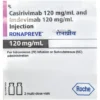


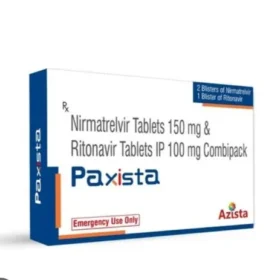
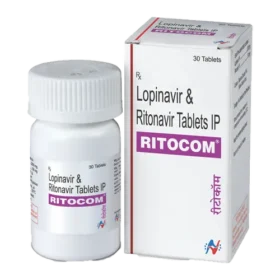
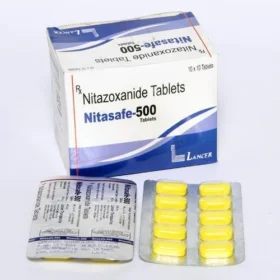
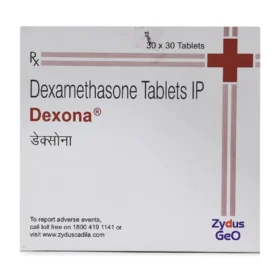
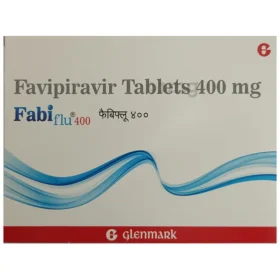
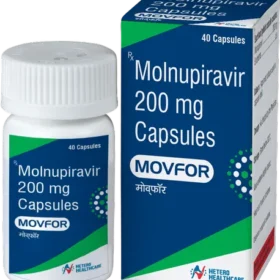
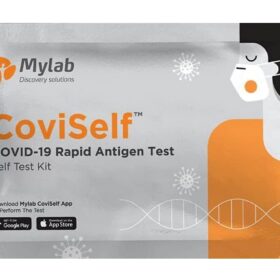
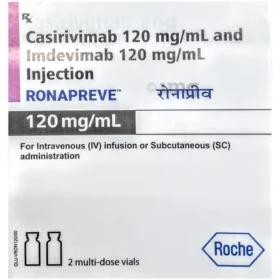
Reviews
There are no reviews yet.